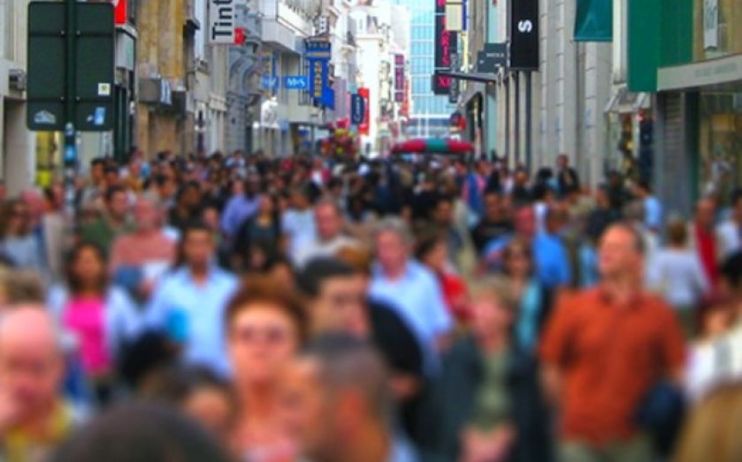Masks, remote working guidance and social distancing to be dropped on 19 July

England is on track to lift all remaining lockdown restrictions next month, with ministers encouraged that, despite a rise in Covid cases, deaths have remained low.
The government is expected to confirm on 5 July that restrictions will be lifted two weeks later, giving the UK a little more time for adults to have a second jab, and therefore the maximum protection available against the Delta variant.
A government source told The Times that ministers want to get “as close to normal as possible” on 19 July, and that the emphasis will be on “personal responsibility”, rather than laws and regulations.
So long as current trends continue, the guidance on wearing facemasks on public transport and in shops will be replaced with guidance advising people to wear masks in certain circumstances, rather than requiring them to do so.
Also from 15 July, the one metre-plus social distancing rule and the “rule of six” will be dropped, along with the limit on mass gatherings outdoors.
Nightclubs are expected to reopen, and guidance that recommends people work from home if they can will be dropped.
The news comes as leaked government modelling showed even minor restrictions like mask wearing would have a devastating impact on the events industry.
This morning Politico revealed if events were to go ahead with restrictions like mask wearing, negative Covid certification and no food or drink, the events industry would stand to lose billions.
Professor Neil Ferguson, a member of the SAGE, told Today on BBC Radio 4 that while there was an expected rise in cases across Britain, mainly in unvaccinated groups including children, it was encouraging to see hospital admissions and deaths were “at a much lower level compared with cases than they were previously”.
But David Nabarro, a World Health Organisation special envoy, was more cautious, instead suggesting social distancing and mask-wearing are here to stay.
He told Sky News the “issue of variants is what we are watching all over the world” and they “are going to go on coming”.
“We will go from Delta to Lambda and then on to the other Greek letters, that’s inevitable, and some of these variants will be troublesome.
“They will be able to break through the vaccine-related protection in a few people and that will cause problems.”
Due to new variants, Nabarro suggested that mask-wearing and social distancing would still be necessary for areas of high infection.
He said there was a need to “maintain defences against the virus to stop it welling up more and more, and that’s going to be the life to come, at least until there’s enough vaccine, and enough certainty, to be sure that vaccination will protect us. Right now we can’t say that.”
Yesterday 11,625 people tested positive for coronavirus in the UK. Cases had been doubling every week, but that has since lengthened to every 15 days.
The number of deaths within 28 days of a positive test was 27.
More than 43 million people in the UK have now had a first dose of a coronavirus vaccine, according to the latest data, while nearly 31.5 million have had two doses, giving them maximum protection against the virus.
England first ‘freedom day’ was supposed to take place on 21 June, however amid a rise in Covid cases the government decided to push the date back nearly a month, for fear a third wave of the virus could overwhelm the NHS.
Earlier this week Boris Johnson said he was “very confident” that he would be able to lift remaining coronavirus restrictions on 19 July.
He added: “I am very confident that we’ll be able to go through with step four of the roadmap on the timetable that I’ve set out with treating July 19, as I’ve said, as a terminus date.
“I think that’s certainly what the data continues to indicate.”